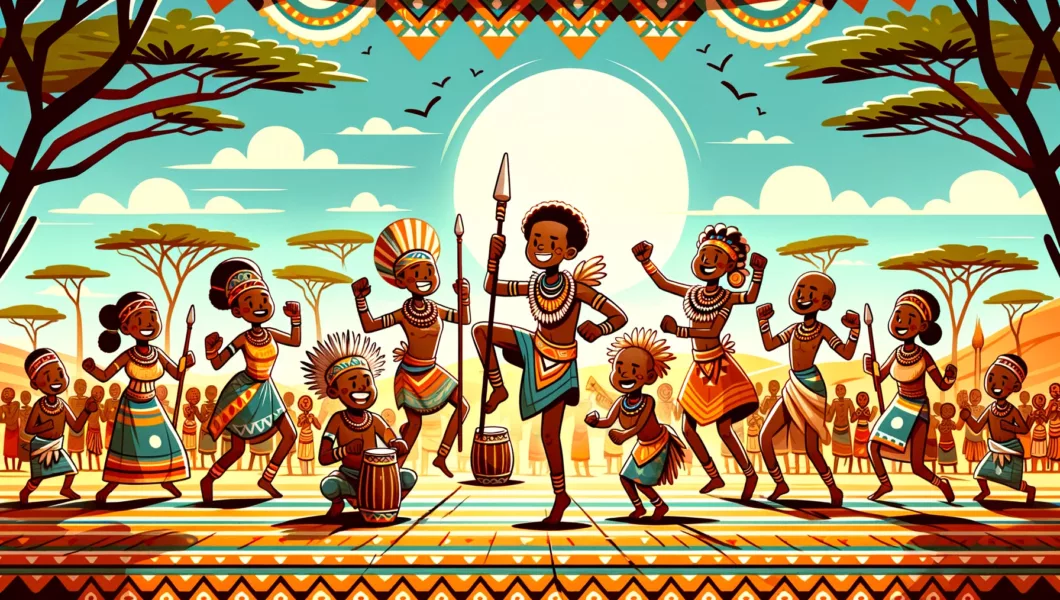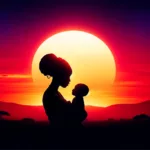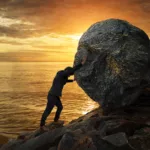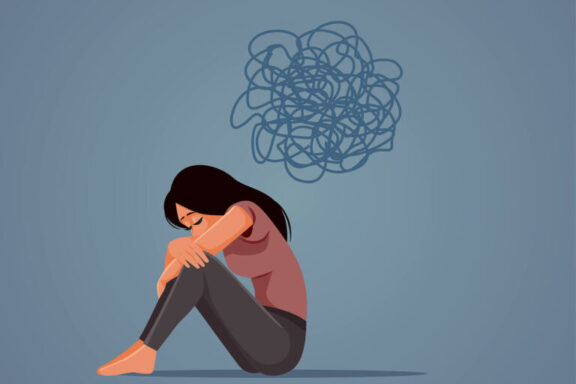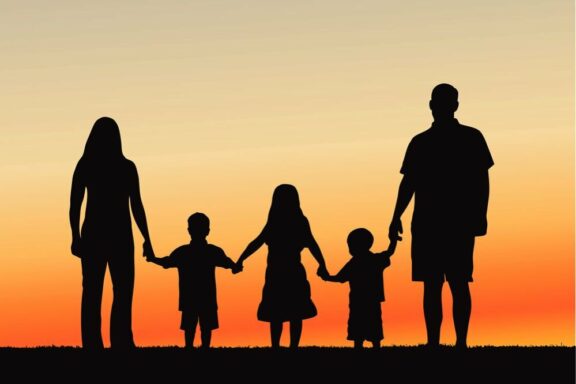Culture and tradition have never been more crucial in this modern world that has become a global village. These traditions give us a sense of origin and ancestry, providing a skeleton for our identity in an increasingly multicultural global village. Yet, as I found in a recent enlightening conversation with David Ibanda, host of the Those Who Came Before Us podcast, these threads require continuous updating to remain relevant and robust in our dynamic world.
David’s journey into exploring African History through his podcast was sparked by a challenge — a class on European History that left him pondering his own origins. This realization highlights a vital truth: societies that maintain and modernize their traditional heritage do not just preserve their past; they make it a living, breathing part of the present, which allows a broader audience to engage with it meaningfully.
The “cool factor” associated with modernized cultures and traditions cannot be overstated. Consider the festival of San Fermín and its iconic Running of the Bulls. What began as a local tradition of moving the bulls to the market square has become a global phenomenon through careful cultivation and updating, drawing people from all corners of the world to witness it. This transformation illustrates the magnetic power of culture that evolves—it not only enriches the identity of its members but also serves as a beacon for global curiosity and engagement.
However, when traditions stagnate and get disconnected from modern life, they leave their members feeling lost and vulnerable to identity crises. Ugandan weddings, with their dual ceremonies, encapsulate this cultural schizophrenia. The traditional and religious ceremonies, each with its distinct value system, reflect a society grappling with its dual heritage yet failing to synthesize them into a cohesive cultural expression for the modern age.
This fragmentation calls for a deliberate reclaiming and reinventing of our cultures and traditions to fit the modern context, much like the efforts seen in Western society. Platforms such as Netflix and Disney Plus are facilitating this transformation by providing a stage for narratives from diverse traditions. An example of this is Disney Plus’s Kizazi Moto series, which explored stories from various cultures. Similarly, events like Book Week highlight the significance of storytelling and active engagement in connecting our historical past with the present day. Introducing these modern interpretations revitalises traditional practices, making them relevant and captivating for today’s audience.
At the heart of the current mental health epidemic lies an identity and meaning crisis, exacerbated by a disconnection from cultural roots. O.G. Rose’s “Belonging Again” highlights the loss of “givens” as one of the main factors contributing to these crises. O.G. Rose articulates that we require “givens” to have a rational framework within which to work. We need to know where the boundaries are before we can start playing. Culture and traditions set these boundaries and define the game we should play, and in the process, we learn to play. Once we have learnt how to play, we can set up new games and play in different domains. Cultures and traditions, by defining a set of options and limits, can offer a bulwark against the paralyzing effect of limitless choice, providing a framework within which identity can be explored and affirmed.
Given the rapid advancements in AI and technology freeing up our time, the question becomes: how can we use this gift of time to reconnect with and rejuvenate our cultural practices? John Vervaeke’s emphasis on participation as a way of knowing suggests that engaging actively with our cultures and traditions can offer a path back to ourselves, enriching our understanding with the breadth of modern knowledge.
The challenge, then, is not just to be passive inheritors of culture but active participants in its evolution. By doing so, we not only safeguard our heritage for future generations but also create a space where our identity is continuously nourished and renewed, capable of thriving in the modern world.
As we stand at this crossroads, the path forward is clear: we must embrace the task of updating our cultures and traditions with the same fervour that we pursue technological and scientific advancements. In this endeavour, each of us plays a crucial role, whether as storytellers, listeners, or participants in the great cultural potluck of our global village. Let us take up this mantle, not as a burden but as a celebration of who we are and all that we can become.

